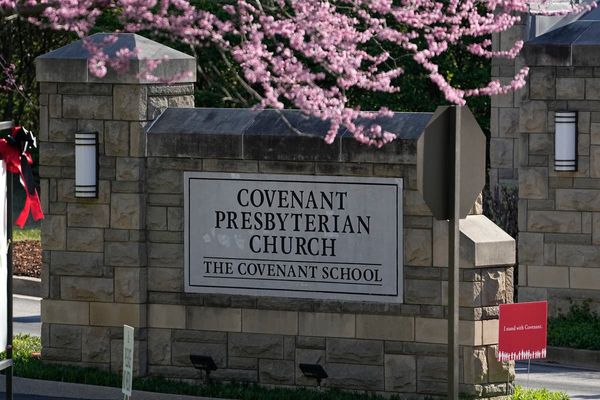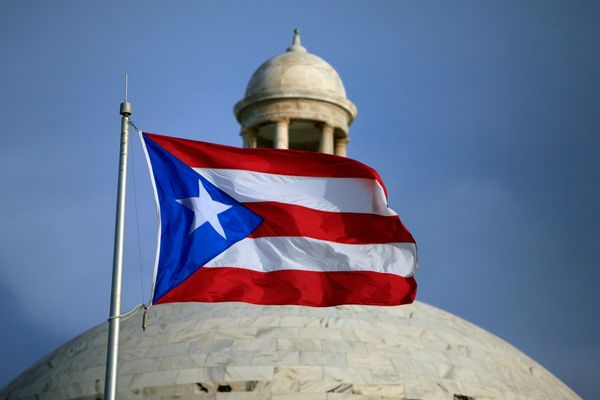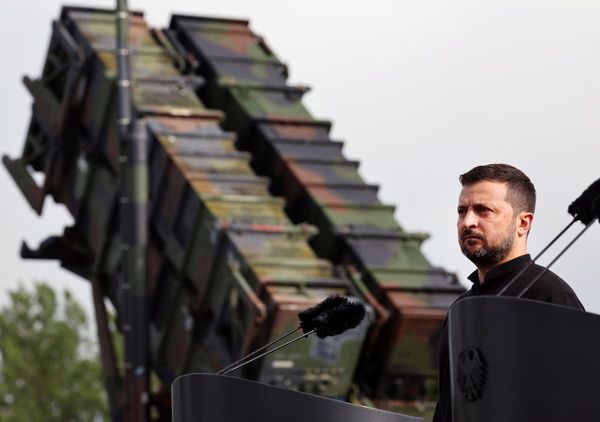
The June quarter inflation result — at 0.8%, the lowest since September 2021 — shows an economy where policy failure and lack of competition are increasingly the key drivers of inflation.
While the numbers were welcomed as further signs that the Reserve Bank can keep rates on hold, growth in the Consumer Price Index was still at an annual rate of 6%, down from 7% in the March quarter, and down to 5.9% on an trimmed mean basis, from 6.6% in the three months to March. The easing trend in the data was emphasised by the monthly inflation indicator, which showed a rise of 5.4% in the year to June, compared with 5.5% in May and 6.7% in April.
According to the Australian Bureau of Statistics (ABS), the most significant contributors to the rise in the June quarter were rents (up 2.5%), international holiday travel and accommodation (up 6.2%), other financial services (up 2.5%) and a 1% rise in new dwellings purchased by owner-occupiers. Rents saw the strongest quarterly rise since 1988, especially for apartments.
That’s the result of a generation of policy failure by federal, state and local politicians across tax policy, urban planning and infrastructure and development approval processes, exacerbated by shorter-run factors like the current surge in migration as foreign students and temporary workers return to the economy.
The price surge in international travel, especially to the northern hemisphere, is another area of policy failure. Despite blatant profiteering and capacity reductions by taxpayer-subsidised Qantas, the Albanese government has rejected applications by both Qatar Airways and Turkish Airlines to increase capacity into Australia — all part of the long-running and inexplicable bipartisan pandering to Qantas.
Stamp duty — another area of failure by politicians — was the primary contributor to inflation increase in other financial services. Insurance premiums are also driving up financial services inflation, especially in climate change-prone states such as Queensland (though maybe regional Queenslanders can just keep voting for LNP politicians who think the global heating crisis is a scam, and everything will be fine).
The rate of growth in new dwelling prices did continue to slow this quarter. This reflects lower new demand as well as material costs easing — though dominant construction suppliers such as Boral expect to be able to jack up prices and increase profits.
The overall result set alarm bells ringing at The Australian Financial Review, which has campaigned for punitive interest rate rises to smash the economy and drive up unemployment to curb wage growth. Today it again demanded more rate rises by the Reserve Bank.
The Fin looks fondly to the US where, despite inflation falling to 3% in June, the Federal Reserve overnight lifted rates by a quarter of a per cent to their highest level since the start of the century. But it also upgraded its view of US economic activity to “moderate” in its post-meeting statement, from the “modest” characterisation in its June meeting statement — the third upgrade in four months.
“Sticky” inflation is now the lingering justification for interest rate rises — inflation that hasn’t proved amenable to bashing demand repeatedly. That’s because the cause lies with poor policymaking and corporations exploiting it, not consumers.







